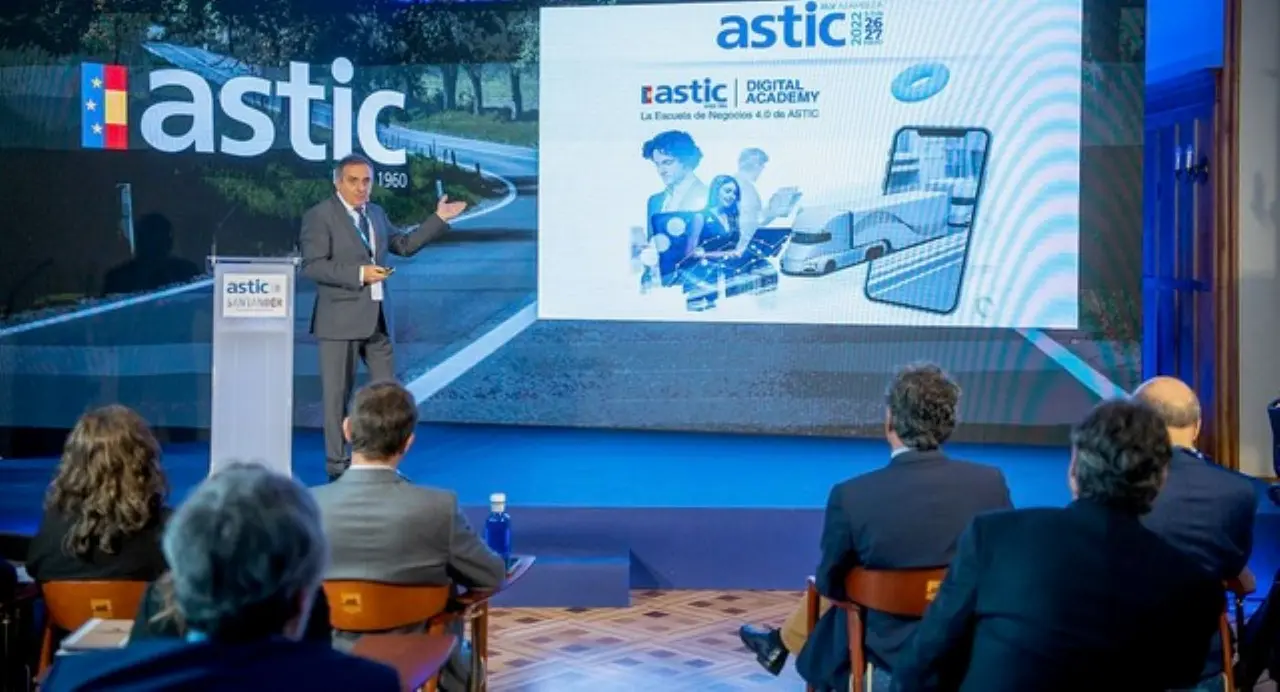导言
The urgency around modernizing the training framework for professional drivers has reached a critical point, drawing attention from various stakeholders in the transport sector. This restructuring is crucial not only for ensuring the efficacy in driver education but also for nurturing a more sustainable and efficient logistics landscape.Key Proposals for Driver Education Modernization
The Academic Cluster for Transport and Sustainable Mobility is advocating for two pivotal measures aimed at revamping the CAP (Certificate of Professional Competence) training for drivers. These measures target the formal recognition and utilization of virtual classrooms and asynchronous learning methods, which are essential for adapting to the current and future needs of the logistical landscape.Legislative Changes Needed
The proposals emphasize the necessity of the Ministry of Transport to publish a Ministerial Order that clearly outlines regulations governing teletraining. Additionally, there is a call to amend Royal Decree 284/2021 to ensure that virtual classrooms are recognized as a standard method of training, moving beyond the exceptional cases prompted by events such as pandemics.目前,缺乏完善的监管框架阻碍了电视培训,需要立即解决这一问题,以确保专业驾驶员接受充分的现代化教育。
Why Virtual Classrooms Matter
The learning environment witnessed a seismic shift during the COVID-19 pandemic, showcasing the potential of virtual classrooms to break barriers and enhance accessibility. From providing flexibility for learners to facilitating attendance without geographical restrictions, the benefits are manifold.The virtual classroom model not only caters to professional development but also reflects a pedagogical quality that enhances learning outcomes. It promotes direct interaction between educators and students, fostering a dynamic learning atmosphere.
Benefits of Online CAP Training
The transition to online CAP training brings numerous advantages across legal, pedagogical, social, economic, technological, sustainability, safety, and flexibility dimensions.| Benefit Type | 说明 |
|---|---|
| Legal | Complies with EU Directives allowing for regulated e-learning. |
| Pedagogical | Ensures interactive and high-quality learning experiences. |
| Social | Improves access for individuals in rural areas or with responsibilities at home. |
| Economic | Decreases logistical costs related to travel and venue hire. |
| 可持续性 | Reduces carbon footprints with a fourfold reduction compared to in-person training. |
| 安全 | Less traffic resulting from fewer commute requirements means less risk of accidents. |
| 灵活性 | Allows for personalized learning schedules to suit individual needs. |
The Road Ahead for CAP Training
A robust online framework aligns with a digitalized approach that other sectors, including education and health, have successfully adopted. The integration of digital learning methods into transport training is not merely beneficial but necessary to keep pace with modern demands.Various courses dependent on the Interior Ministry already utilize digital tools effectively, highlighting a successful precedent for broader e-learning adoption in transport education.
Leading organizations are now focusing on how to make these online resources widely available, ensuring that every driver can benefit from flexible and effective training methods.
Closing Observations
The digital transformation in education not only opens doors for logistical professionals but also fosters inclusivity and equality across different geographical and social landscapes. However, without embracing these changes, the transport sector risks falling behind.The potential for enhanced training regimes correlates directly with increased safety, competency, and efficiency in logistics, ultimately benefiting cargo transportation and distribution networks worldwide.

 迫切需要现代化的驾驶员教育来改善物流">
迫切需要现代化的驾驶员教育来改善物流">